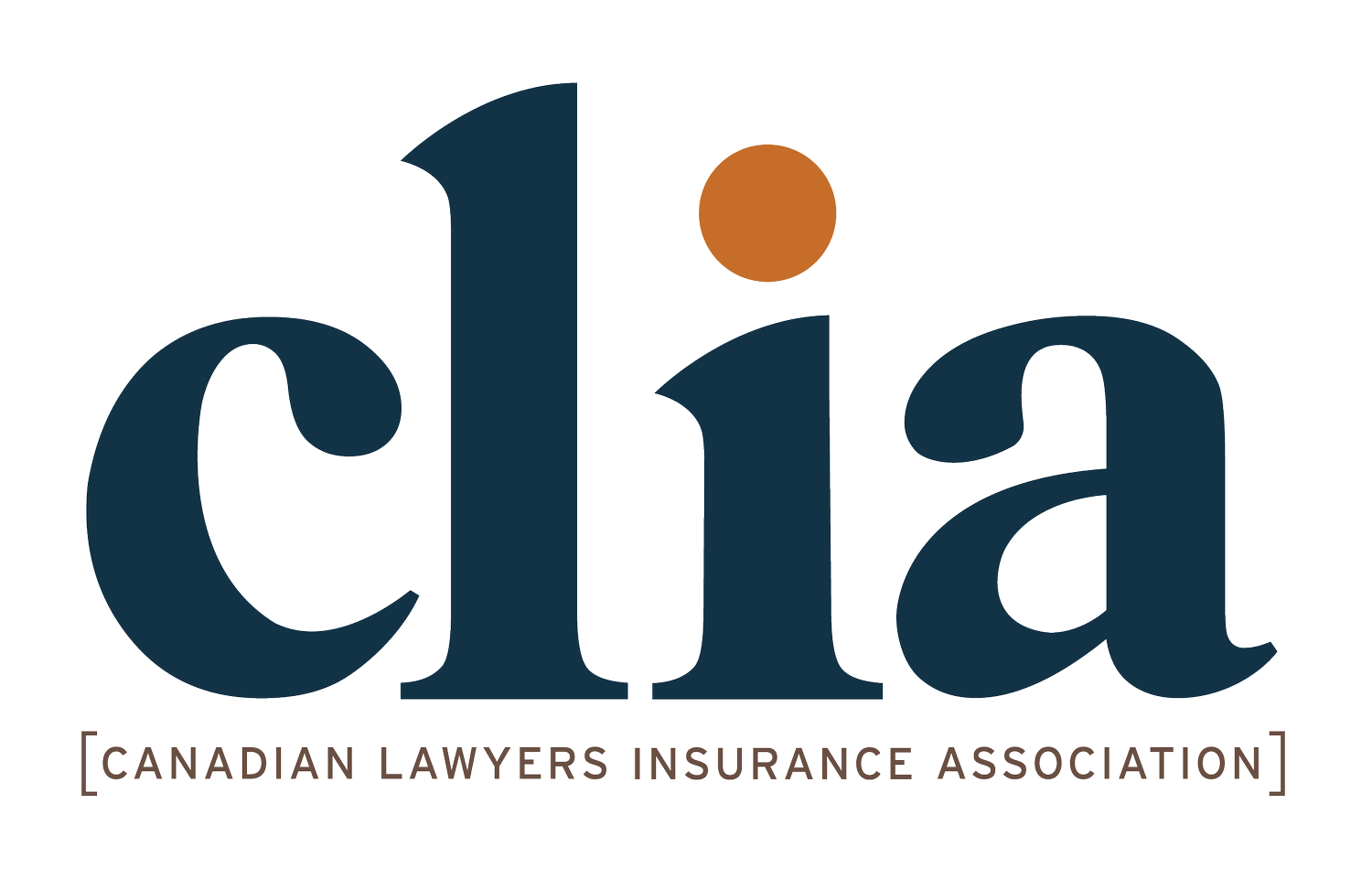Fraud Alert Roundup
Through notifications received by our Subscribers and partners, we aim to alert you about the most recent frauds against members of the profession. For example, this summer the Lawyers Indemnity Fund in British Columbia provided the following notice:
Funds Transfer Frauds Continue
A medium-sized BC law firm narrowly escaped a funds transfer fraud. The firm acted for a lender in a refinancing transaction and a notary was acting for the borrower. The paralegal at the firm received an email, from someone she thought was the notary, instructing her to deposit the funds to an escrow account for the purported reason that the notary's trust account was being audited. As per the firm’s protocol, the paralegal immediately brought this request to the attention of the lawyer. The lawyer phoned the notary who confirmed that the email was fraudulent, and the fraud was averted.
A large law firm in the prairies was hit when acting for a corporate client selling property in a real estate transaction. The assistant believed she had received wire instructions by email from the client, but did not call the client to verify the instructions. When requisitioning the funds, the assistant ticked off the box on the firm’s checklist, falsely claiming she had called the client to confirm the wire instructions. Over a quarter of a million dollars was wired to the fraudster instead of to the client. In this case, if the law firm had emailed the client to confirm the wire instructions, the fraudster would have intercepted that email and confirmed the instructions. That is why the phone call to verify payment instructions, which didn’t happen, is critical. And it may be too late now to claw back the funds.
What can you do?
You must educate your staff about frauds and the importance of verifying client wire instructions, especially if they come by email. The crux of it is that any time you are transferring trust funds, by any means, in any kind of legal matter, you are at risk and must verify emailed instructions through direct phone or in-person contact. You must initiate the phone contact with your client, the bank, or another lawyer or notary, in-person or by using the original phone number in the file or from a reliable directory. Do not rely on a party calling you to confirm instructions. That call is likely to come from the fraudster. Never use the contact information provided in the instructing email (or confirming letter) and implement a firm-wide protocol.
Information and tips for avoiding being a victim of fraud has been developed by several jurisdictions including:
Lawyers Indemnity Fund (LIF)
Stay tuned and Subscribe to receive these notifications directly to your inbox.

